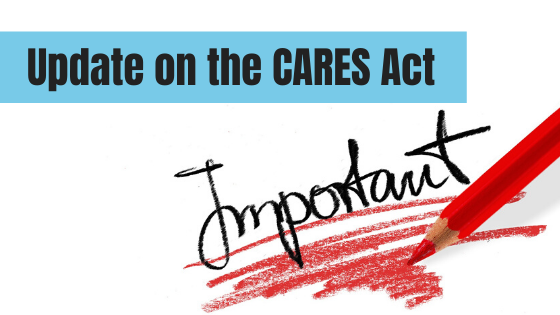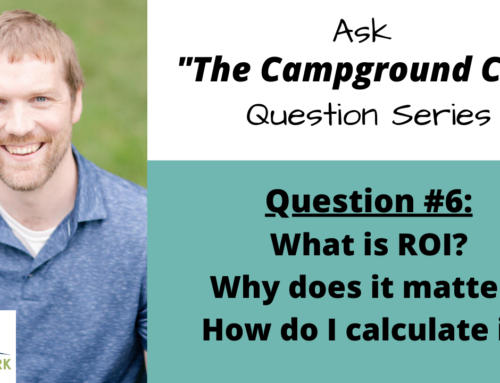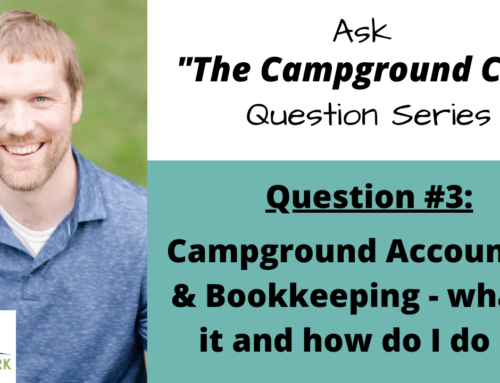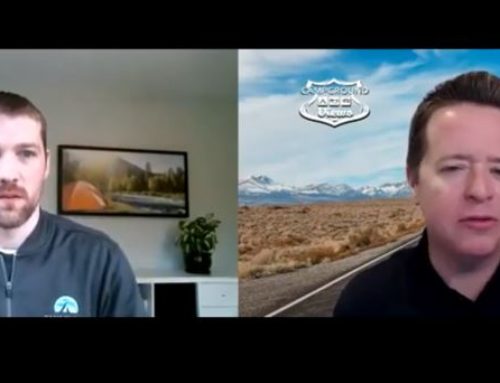*This information should not be construed as tax or legal advice but rather is simply our interpretation of the CAREs Act based on our best knowledge as of March 26th, 2020. Please consult your tax adviser and attorney for specifics as to how this information may apply to your specific situation.*
We wanted to take a few minutes today to give you an update on some of the financial relief that we are anticipating as a result of the Coronavirus Aid, Relief, and Economic Security Act (CARES Act) that has passed the US Senate and will likely be passed by the House and signed by the President in the next 24-72 hours. While we normally would wait until analysts have thoroughly gone through a bill before commenting on it, there are certain provisions that we believe need to be brought to your attention ASAP.
As always, the devil is in the details, so this is all subject to change; however, this will hopefully give you hope on some of the programs we believe will be coming soon.
Below are a number of items from our initial reading of items you need to be aware of:
1.) Perhaps the most critical component of this piece of legislation appears to the the new loan program called the Paycheck Protection Program. This is a new type of loan program that is 100% guaranteed by the SBA but is administered by local banks instead of directly through the SBA. This is different than the current emergency SBA loans that we have previously been talking about.
This new SBA loan appears to be much easier to obtain. If your business is being impacted by the Coronavirus (which virtually all campgrounds are being impacted) and your business was operational of February 15th (not necessarily open for business but active in business) then your business will likely qualify for one of these loans. Lenders will NOT need to gather much data to determine whether or not a business has the ability to repay these loans, meaning, the loan approval process should be incredibly quick.
Key to note that if your business has already obtained one of other emergency SBA loans than you will NOT be eligible for this new loan unless you refinance that emergency loan into the new loan (essentially, you can’t have both).
The maximum interest rate on this loan will be 4%.
Maximum loan term will be 10 years.
There will be no prepayment penalty.
The best feature of this new loan program is this: Part of the loan will likely be eligible to turn into a grant, meaning you will possibly not have to repay part of the loan. The part of the loan that will be eligible for forgiveness (conversion into a grant) will be the part of the loan that is used for expenses for an 8 week period beginning on the date you receive the loan, whose expenses are used for payroll, interest expense, utilities and rent. NOTE: The forgiveness is tied to NOT reducing payroll when compared against the same 2 month period of time a year ago. So, you will need to ensure payroll continues at the previous levels in order to qualify for the grant/forgiveness portion of the loan.
The amount of the loan forgiveness will NOT be counted as income to the business.
As of right now, based on our belief that this will become law, our recommendation is that this is BY FAR a much better loan program than the original SBA loan program that is currently in place, and as such, if you are considering applying for a loan but have not, you should likely apply for this loan first before the emergency SBA loan!
FAQS:
-What if I already applied for the previous emergency SBA loan but have not received the funds? If you have not yet received the money, you would be able to decline the funds once approved thus making you eligible for the new program first (I don’t believe you need to wait to apply for the new program until you decline the first one).
-What if I already received money from the original emergency SBA loan program? You should be able to obtain money through the new program that can be used to refinance the old loan proceeds (more details on this as they are released).
-How do I apply for the new loan program? The new loan program will be operated by your local banks. So, as soon as this legislation is signed into law, contact your local bank who will be able to provide you details on the application process. (We are not sure how long this will take to get into place at this point).
2.) Recovery Rebate Provision – Most individuals will qualify for a 1 time rebate (advanced tax credit) in the amount of $1,200 per adult and $500 per child. This program is subject to income limitations and will be reconciled as a tax credit on 2020 tax returns, but should provide some amount of liquidity to individuals in the next 4-8 weeks.
3.) Retirement Plan Rule Changes – The bill authorizes individuals to withdraw up to $100,000 from their “qualified retirement plan” during 2020 without regards to the normal 10% early withdrawal penalty. In addition, monies withdrawn would be taxed over a 3 year period of time instead of 100% in the year of the distribution. This provision has limitations relating to harm caused by the Coronavirus (it would appear that most campgrounds will meet the definition of harm for purposes of this provision).
4.) Employer Retention Credit – Tax credit that will be available for employers who continue to pay their employees if their business is subject to closure due to the Coronavirus. So, if your campground is either partially or totally shut down and you continue to pay your employees, you will be eligible for a tax credit equal to 100% of the first $10,000 of an employee’s wages.
5.) Deferral of Employer Payroll Taxes – For employers who may have an immediate cash shortage there will be allowed a deferral of the employer portion of Social Security and Medicare taxes into 2021 and 2022, This is an interesting provision but one that appears risky to us at this point, as we would not want to encourage employers to borrow against these taxes unless absolutely necessary, as the eventual penalties if you did not repay them on time could be huge. More to come on this one in particular as we get more details.
6.) Net Operating Loss Carryback – We will be allowed to carry net operating losses back for up to 5 years in order to claim a refund of prior year taxes paid in the event a loss occurred in 2018, 2019 or 2020. While small in scope (meaning it does not apply to everyone) there may be a number of campground owners who we should evaluate this with, in order to see if claiming a refund of prior year taxes is a smart move.
There are a whole host of other provision in the bill; however, the above 6 are the ones that we feel will have the biggest impact on campground owners over the next 30-180 days.
As we continue to receive guidance we will pass that on to you. If you have questions on any of the above, please feel free to let us know – we are here to help!









